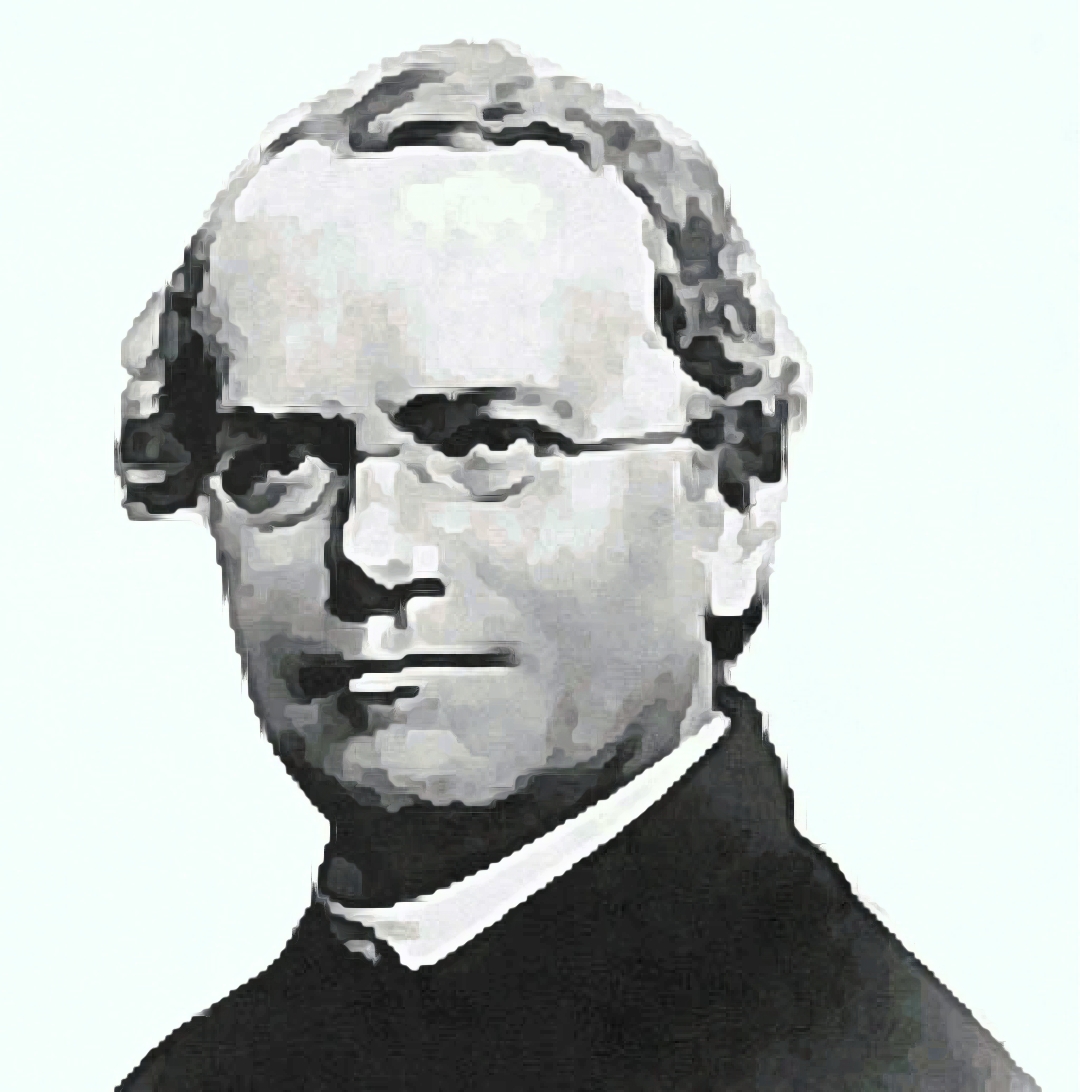The year 2022 marks the bicentenary of the birth of Gregor Johann Mendel, the Father of Genetics. It seemed like an opportune moment (for me) to talk about the things which I felt that scientists are made up of, because when I first read about Mendel’s laws of inheritance, I was in complete awe and realized that I had found my first science idol. It was the beauty and elegance of his deductions from the meticulously conducted experiments that created a rough image in my head of what a scientist is like.
Mendel’s life that was lived in obscurity, his multiple pursuits in science (astronomy, mathematics, and laying the foundation of genetics) other than being a monk, and his failures (he failed twice in his oral exam for becoming a teacher), brought a wisdom that was profound for me as a teenager. His work remained unknown for years, but was also criticized for being too good to be true. The image of a scientist became much clearer in my mind with this knowledge that it is possible that the findings of a scientist (or the work of any individual) may not be acknowledged and understood in their lifetime but that should not deter them from achieving what they strive for. In my head the recipe of a great scientist was now complete and included a bowl full of passion and curiosity for the world around, a tablespoon of imagination and a pinch of belief in the unknown (faith in science) which is cooked in the meticulous hard work on a flame of resources and infrastructure (the fuel and flame bit I added only after I entered PhD).
I wonder how Mendel would have perceived the present-day advances in genetics. Would he have felt happiness after seeing how his work was re-discovered and became the foundation of a new field of Biology that revolutionized science in the 21st century. Would he also have felt a little sad, knowing the genes inside the cells do not follow such simple rules as he had hypothesized and deduced from his experiments? Or would he have felt pride knowing that the inner workings of cells could be explained at a time when cells were not known – nucleus and DNA had not been discovered or even imagined?
And I also wonder if it was true that Mendel had decided to join the monastery because he got to study for free by being a monk! And how would a geneticist of today perceive science if they travel to the 19th century Czech Republic where Mendel was engaged in his crosses of the pea plant? Would they feel the same love for science outside a fancy lab, in a garden full of flowers, seeds and leaves – an inexpensive laboratory? Would the awareness of how little we still know of the world within us hit them hard enough to spark the curiosity and wonder that we lost somewhere in the last few decades? Or would they too choose to join a monastery after coming back to the 21st century?
Poorti Kathpalia, a scientist by training, is now pursuing her passion for making science fun and accessible through her sci-comm activities.


